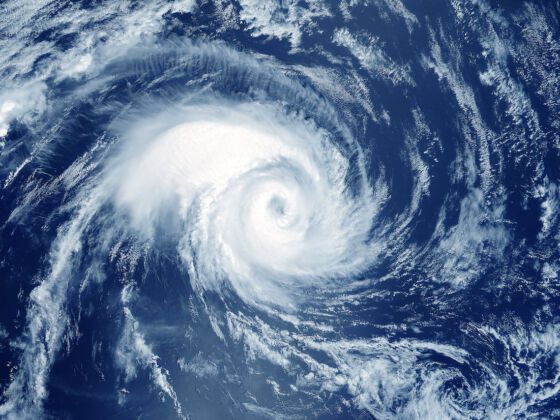Natural disasters strike all too often, especially in places ill-equipped to handle the resultant humanitarian crises.
When well-publicized, these may lead to relief efforts funded by the deep pockets of the developed world. Generous giving by individuals and governments can turn the tide, rebuilding lives and essential infrastructure.
But some argue that this tunnel-vision focus on natural-disaster relief blinds us to other work being done in developing nations, decades-long efforts that don’t get the press time or the charitable millions but are equally worthy of support.
